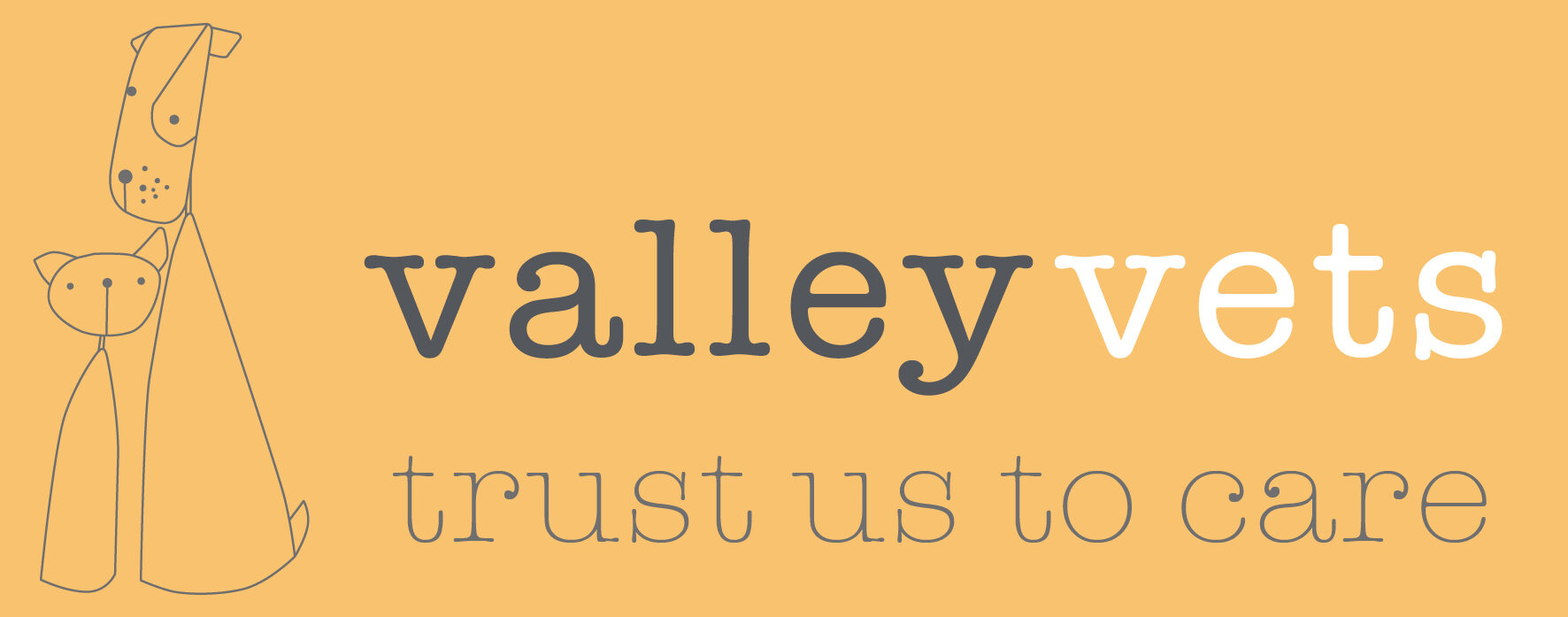Our charges
What we charge for our services

Our charges
Before welcoming a new pet, it’s important to consider how you’ll manage the expenses that come with your new family member. By planning ahead, you can focus on enjoying all the benefits of pet ownership.
To help you budget, we’ve provided a list of costs for a selection of our most performed services below. Keep in mind, prices will vary depending on things like the type of pet you have (e.g., cat, dog, rabbit), their size and age, and whether they have any underlying illnesses.
Pet insurance can really help buffer you against unexpected events, and we do recommend it. You will pay a regular premium, usually monthly, and some other costs, such as an excess if you make a claim. Depending on your policy, some treatments might not be covered, and claims may affect your premiums. Please get in touch for general advice about pet insurance; we’ll be happy to speak to you about it.
In addition to pet insurance, our Pet Health Plan can also help you budget, by offering discounts and spreading the cost of routine preventative care, which isn’t usually covered by insurance. Please see here for more information on what savings you could make.
What to expect when you visit us
While under our care, your pet will have access to our excellent facilities and our well trained, caring, and dedicated team. All VetPartners practices are accredited by the Royal College of Veterinary Surgeons’ Practice Standards Scheme, ensuring your pet will receive regulated standards of care.
When your pet needs our help, call our friendly reception team, who can book you an appointment for a consultation with one of our highly trained vets or nurses.
Each consultation involves a private discussion about your concerns. We’ll review your pet’s records, ask you questions about their health and behaviour and complete a physical examination, focused on any problems. We’ll use our knowledge and experience to establish areas of concern and to discuss your options, providing estimates for tests and treatment that might be needed and supporting you in deciding the best route for you and your pet.
Please discuss your budget freely with us; if you let us know your boundaries, we can work together to try and find a realistic solution, without compromising your pet’s welfare or your own financial position.
Veterinary medicine can be complicated and unpredictable, but whatever happens, we’ll do our best to make sure you understand what’s happening, to guide you through any investigations and treatment and to keep you updated with costs.
Do you have pet insurance? Knowing this upfront will help ensure we comply with the terms of your policy. Policies can vary significantly; understanding what yours covers, any limits, and what your contributions will be, will help us work with you to determine the best treatment plan for your budget, just as we would for uninsured pets.
For more information, please contact the practice.
Please note we may need to book an appointment for your pet to be examined in order to provide personalised estimates.
| Consultation with a Vet (15 minutes) | £66.00 |
| Repeat Consultation with a Vet (15 minutes) | £56.10 |
| Medication Check-up with a Vet (for pets on long term medication) | £56.10 |
| Urgent Consultation Fee with a Vet (Sunday/Bank Holiday 10am-12pm) – from | £263.00 |
| Written Prescription for one medication | £26.95 |
| Dog Booster Vaccination and Health Check | £67.20 |
| Cat Booster Vaccination and Health Check | £69.30 |
| Bitch Spay – from | £393.30 |
| Dog Castration – from | £295.28 |
| Cat Spay | £168.65 |
| Cat Castration | £133.72 |
| Microchipping | £33.00 |
| Out of Hours Emergency Consultation – from | £263.00 |
| Hospitalisation (per day or night) – from | £136.22 |
| Direct Claim Insurance Administration fee | £35.00 |
| Anal Gland Expression with a Nurse | £27.49 |
| Clip Nails with a Nurse | £19.80 |
Payment is due at the time of treatment; usually after a consultation or on discharge from the practice following surgery or hospitalisation. We accept cash and all major credit and debit cards.
Valley Vets are happy to provide written prescriptions rather than medications to those clients that request them.
Please note that prices for medications and services provided out of hours by our emergency service are higher than for the same medications and services if provided during the day. This is due to the higher costs associated with running an out of hours service.
Our standard re-check interval for long-term medication is three months.
We pride ourselves the quality of care we provide.
Most of our routine surgeries include:
- Sedation or general anaesthesia
- Local anaesthesia where relevant
- Anaesthetic monitoring
- Pain relief during the procedure and medication to go home with
- Elizabethan (buster) collar or body suit as needed
- Post-operative check-ups

